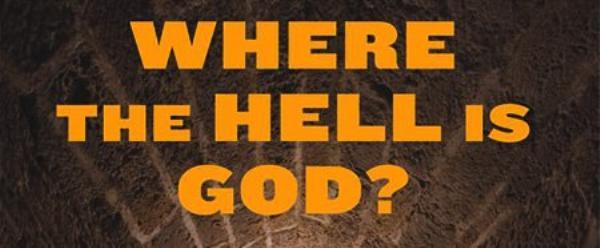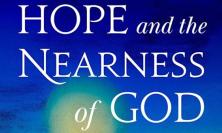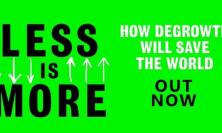Addressing the 35th General Congregation of the Society of Jesus, Pope Benedict XVI emphasised the need for Jesuits to continue to work at the frontiers of faith and culture. For those of us engaged in pastoral work, one of the most challenging frontiers is that which is encountered in the scorching grief of bereavement, particularly when the death is of a young person or in other tragic circumstances. On a more general level, in the face of crises in New Zealand, Japan and the turmoil in North Africa, how does one respond with integrity and wisdom to such appalling suffering and sense of loss? Father Richard Leonard’s book is a courageous attempt to tackle these challenges head on. Drawing on his experience of a tragedy which resulted in the paralysis of his sister, he assesses the variety of responses that religious people give at these moments of crisis. According to Fr Leonard, the majority of these responses appear to be based on myths about God and bad theology, and lead to a spiritual insanity. It is Fr Leonard’s aim to expose these myths whilst offering us a version of spiritual sanity.
An excellent communicator, Fr Leonard presents us with a small book – 66 pages long – which is easy to read and offers engaging examples. His intention is to be accessible and in this he succeeds. He makes important distinctions between God causing and permitting evil. Also particularly helpful is the distinction he makes between judging and condemning, with the former being acceptable and the latter, not. It is perhaps on the back of this distinction, and the insistence on the necessity of judgment in order to make an assessment, that the tone of the book itself comes across as judgmental. This seems slightly incongruous, as it is clear that Fr Leonard’s experience of suffering has made him more empathetic as a priest. It is also a weakness of the book that in attempting to challenge false images of God, its relentlessly critical tone is in danger of alienating many ordinary Christians who are just struggling to make sense of life and who don’t have the eloquence of the author.
Key to Fr Leonard’s engaging style is his use of anecdotes that come from widespread pastoral experience and years of religious life. But almost all of these anecdotes are withering examples of other people’s inadequate responses. His acerbic observations are used to describe people who dare to ask him to pray for good weather on their wedding day, an elderly Jesuit’s comment to his community, a Bishop who holds a Mass for rain, the author of the hymn, ‘How Great thou art’ … the list goes on. The fact that this is my favourite hymn made me feel cast out amongst the spiritually insane (presumably the majority of us), excluded from the elite who have purged all their false images of God, who are able to respond correctly to suffering and don’t expect their petitonary prayer to change anything except themselves. Although Fr Leonard makes many valid points, the book would become a lot more attractive if it could be balanced with more examples of positive and inspiring responses to suffering. If you are not altogether comfortable with dismissing classical theology, or if you still believe in the possibility of miracles and divine intervention – no matter how consistent or inconsistent God then appears to be – then this is a challenging book.
The book reminded me of a fascinating paper I once studied in a course on the Psychology of Religion. It was about a study undertaken to measure religious fundamentalism. The conclusion was that those who were categorised as exhibiting high levels of fundamentalism scored low on another scale that measured ‘integrative complexity’. This measure of ‘integrative complexity’ indicated the intellectual style used by individuals or groups in processing information, problem-solving, and decision-making. The higher your ‘integrative complexity’, the less likely you were to be fundamentalist in your thinking. It was a fascinating thesis, argued skillfully, just like Fr Leonard’s book, and making many valuable points. However, it left me with a sense of unease; the only acceptable type of faith was that of the cognitively able. I am not sure where this elite group appears in the Beatitudes, but the rest of us seem to be left high and dry. I am afraid I was left with the same feeling as I turned over the final page of Where the Hell is God?
In spite of these misgivings, would I recommend this book to a friend? Yes. Fr Leonard has provided an accessible way to explore some serious challenges. I will continue to believe in miracles and in the efficacy of petitionary prayer, that God does and can intervene in our lives and act in a way that is inconsistent with the laws of nature. However, I am sure that this book, in certain circumstances, will be a much needed ladder to help us out of the pits of despair that we can find ourselves in. When we are bewildered and desperately need to hear a voice that is credible, that pierces through our desolation, I think that this book could be that voice. In fact, I can think of a friend right now to whom I will be giving this book.
The Reviewer, Tim Byron SJ is chaplain to St Ignatius College, Enfield, and is a member of the Thinking Faith editorial board.
![]() ‘Where the Hell is God?’ by Richard Leonard SJ on Thinking Faith
‘Where the Hell is God?’ by Richard Leonard SJ on Thinking Faith
![]() Find this book on the Paulist Press web site
Find this book on the Paulist Press web site






